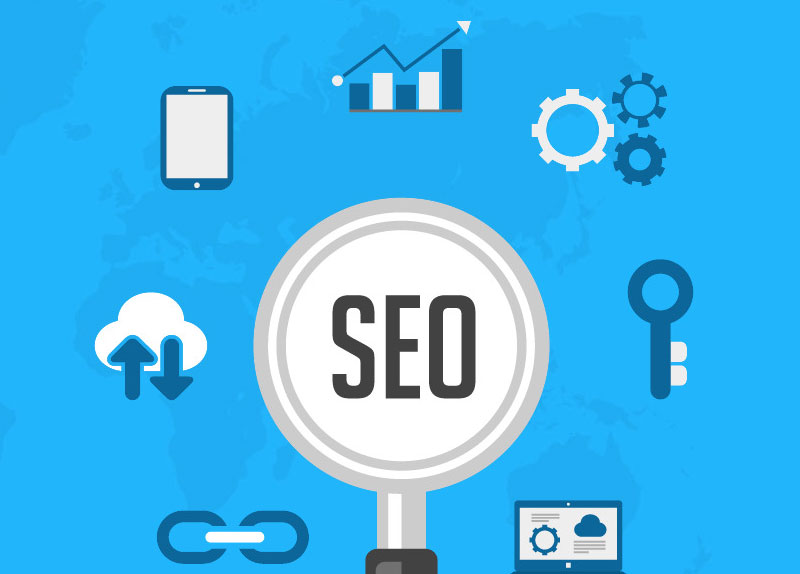In today’s competitive business environment, making informed decisions is critical for sustainable growth. Business growth analysis provides the insights and data needed to evaluate performance, identify opportunities, and optimize strategies. By leveraging analytical tools, businesses can maximize ROI, improve efficiency, and ensure long-term success in both local and global markets.
Why Business Growth Analysis Matters
Understanding your business metrics is the foundation of strategic decision-making. Growth analysis helps organizations track sales trends, marketing performance, customer behavior, and competitive positioning. Without this data, companies risk making decisions based on assumptions rather than facts. A thorough analysis ensures that resources are allocated efficiently, goals are realistic, and strategies are adaptable to changing market conditions.
Key Components of Business Growth Analysis
- Performance Metrics: Evaluate revenue, lead generation, conversions, and other KPIs.
- Market Insights: Understand industry trends, competitor performance, and emerging opportunities.
- Customer Analysis: Study customer demographics, preferences, and behavior patterns.
- Campaign Evaluation: Measure the effectiveness of marketing campaigns and initiatives.
- Financial Analysis: Assess costs, profit margins, and overall business health.


Benefits of Conducting Growth Analysis
- Informed Decision-Making: Data-driven insights reduce risk and improve strategic planning.
- Optimized Marketing: Identify which campaigns deliver the best ROI and adjust accordingly.
- Enhanced Customer Targeting: Understand who your audience is and how to engage them effectively.
- Competitive Advantage: Stay ahead by monitoring market trends and benchmarking performance.
- Sustainable Growth: Focus on strategies that drive long-term success and scalability.
Best Practices for Effective Business Analysis
- Use reliable tools and software to track data accurately.
- Regularly monitor KPIs to assess progress toward goals.
- Combine quantitative and qualitative insights for a complete understanding.
- Align analysis with business objectives to ensure actionable results.
- Review and refine strategies based on findings for continuous improvement.
Conclusion
Business growth analysis is more than numbers—it’s a strategic process that empowers organizations to make informed, data-driven decisions. By leveraging insights from performance metrics, market trends, and customer behavior, businesses can refine strategies, maximize ROI, and achieve sustainable growth. Companies that prioritize growth analysis are better equipped to navigate challenges, seize opportunities, and build a strong competitive advantage.
Take control of your business’s future with comprehensive growth analysis. Partner with experts to turn insights into actionable strategies that drive measurable results and long-term success.

